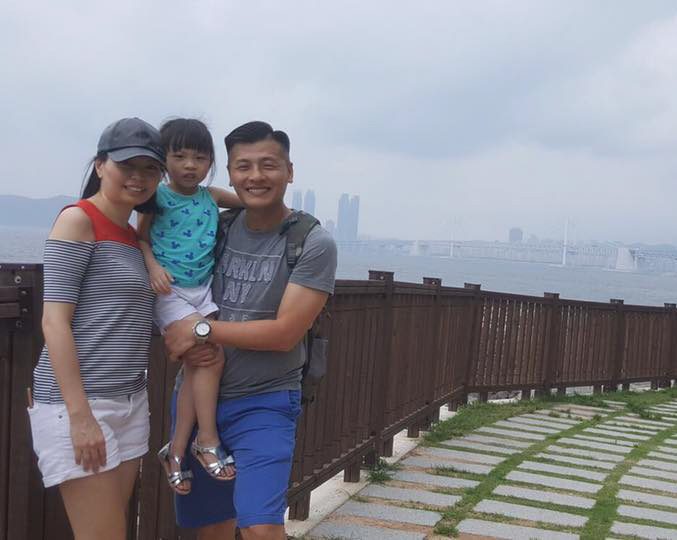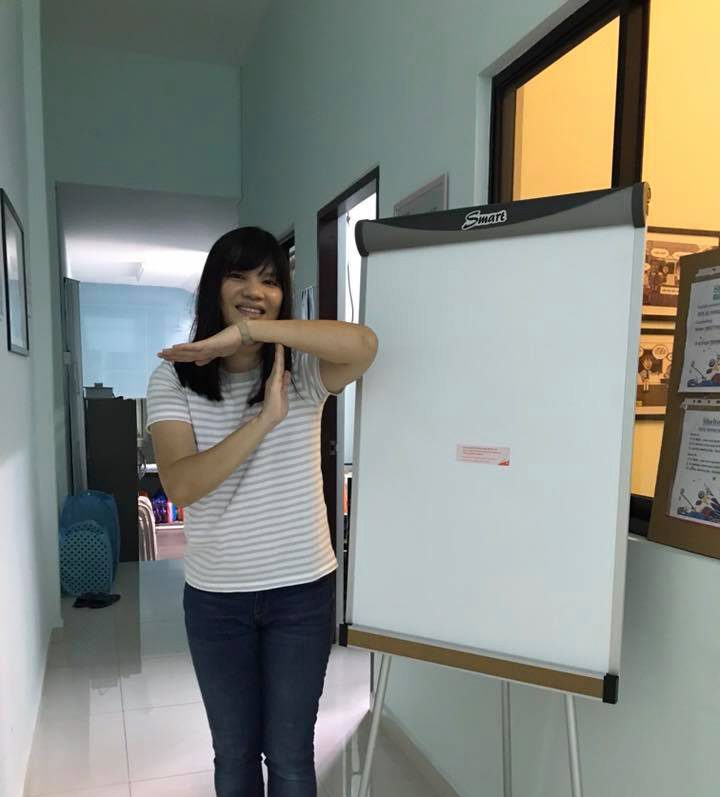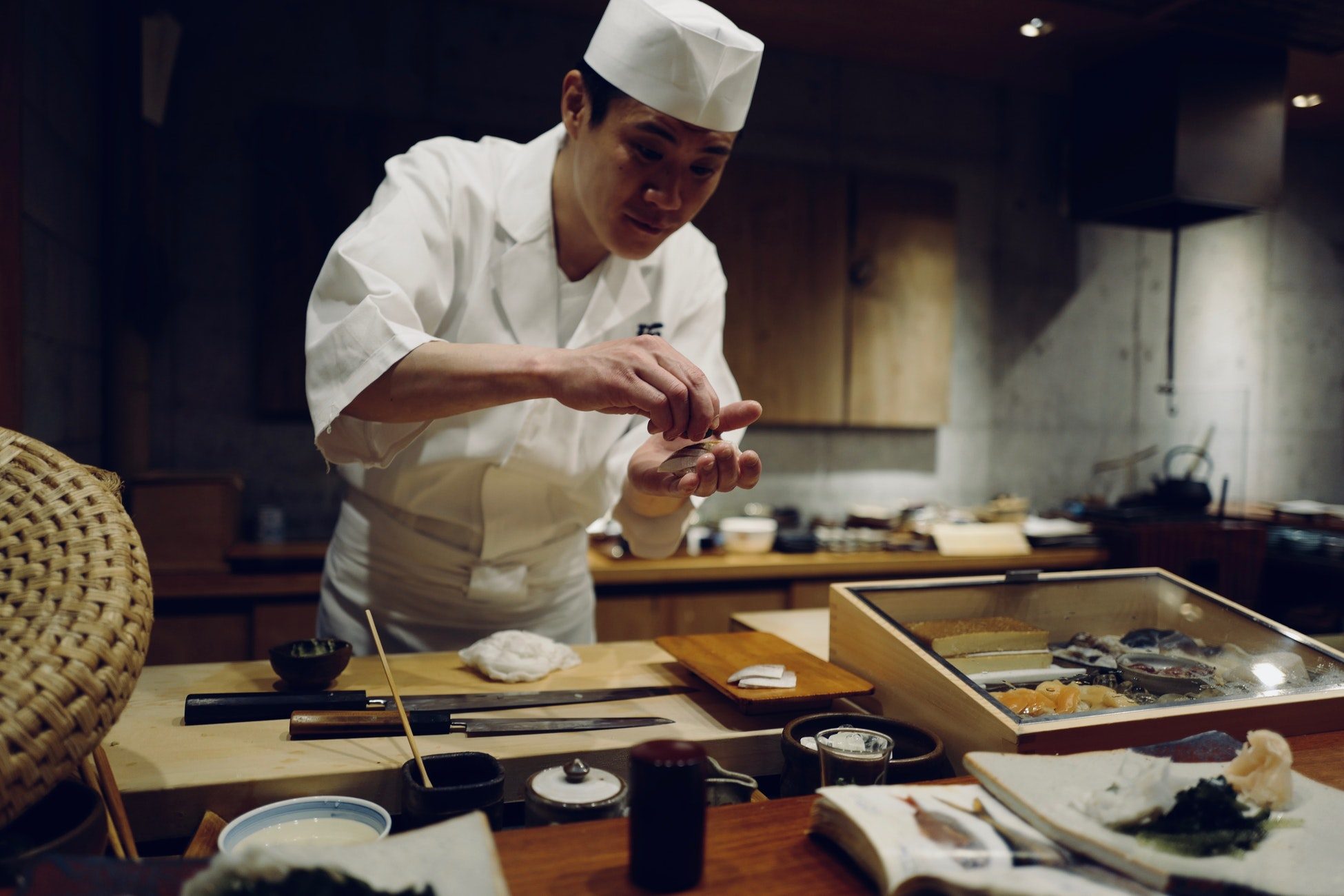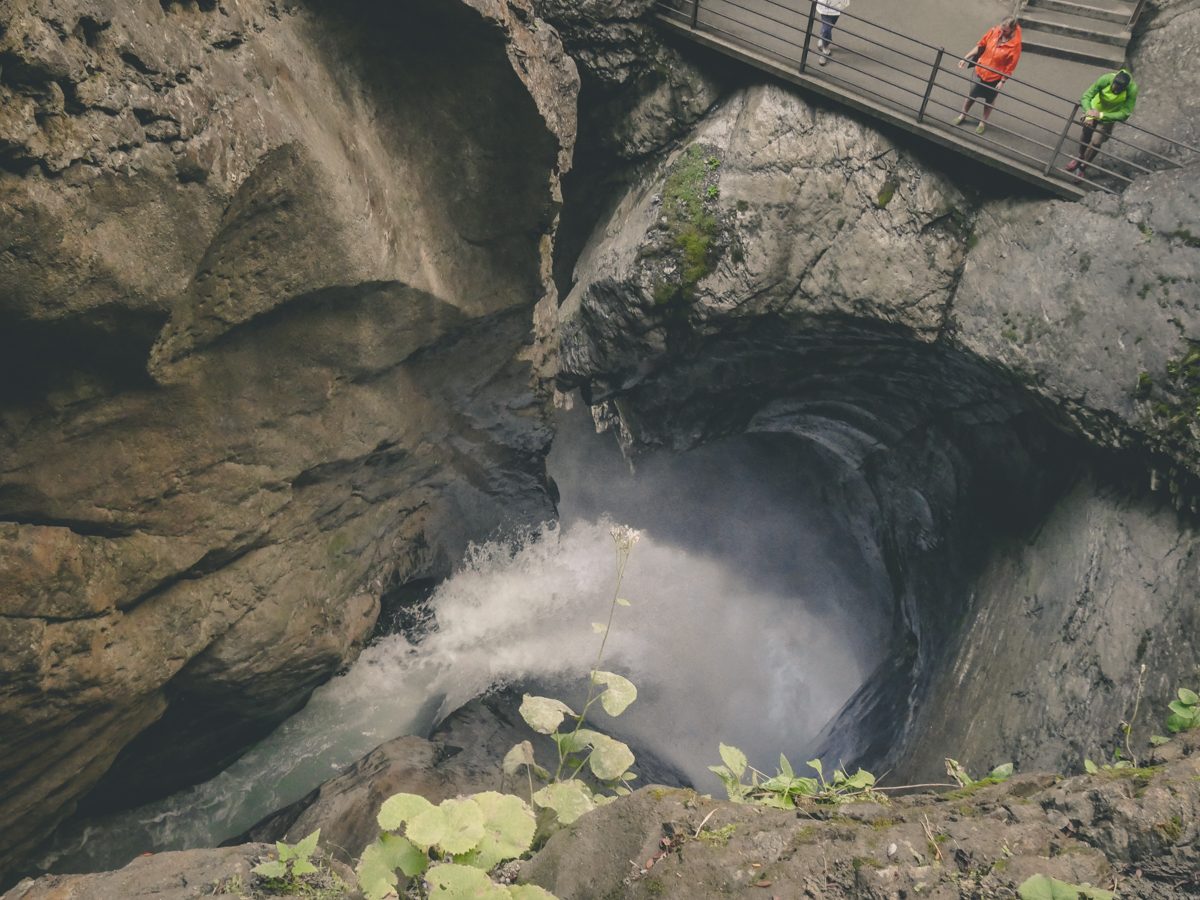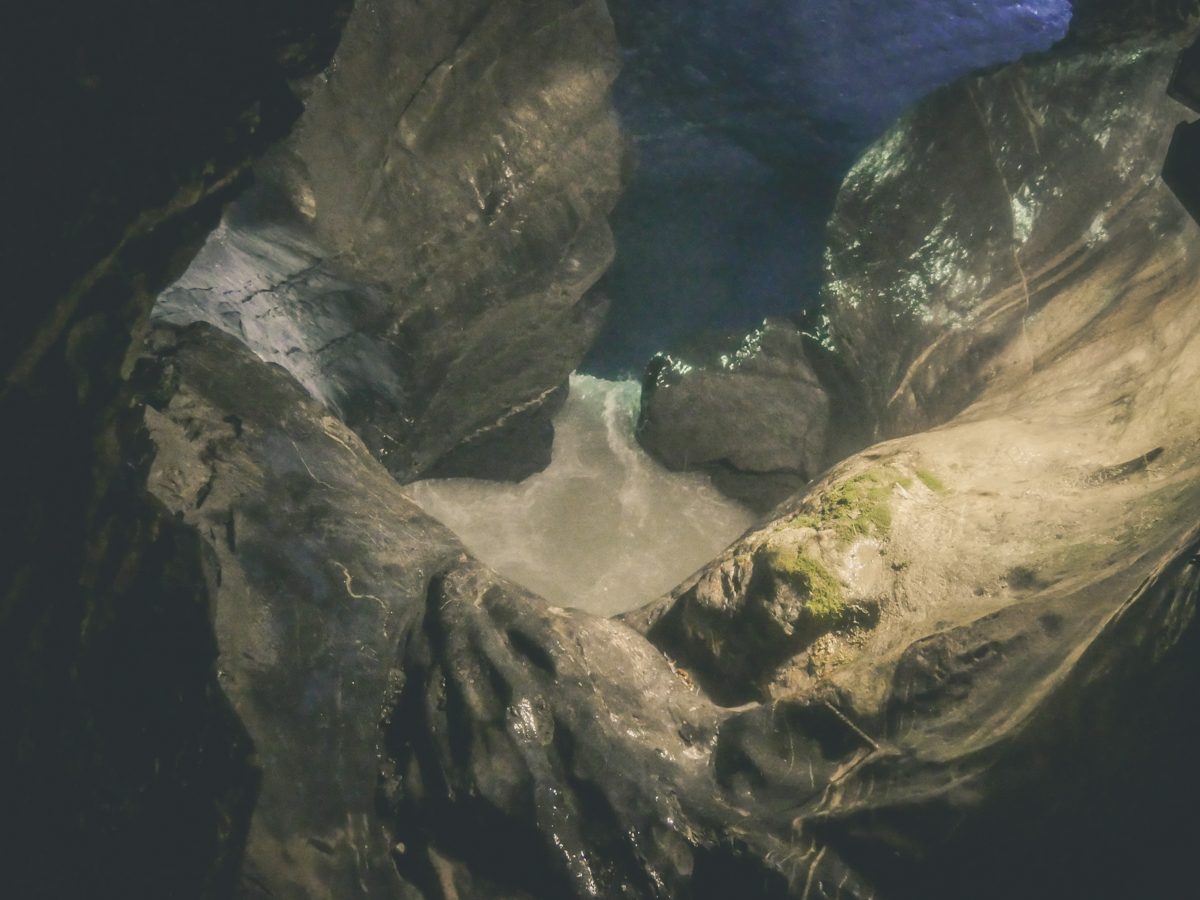Jimmy sits on the bed, his arms wrapped tightly around Shaun. Like snow at the coming of spring, his son’s life force dwindles with every ticking second. Staring at the cold walls of the hospital ward, both father and son sit as a carven sculpture for two hours, exchanging no words. At last, with an effort Jimmy musters up the courage, and asks his child the one question no parent should ever have to ask: “Are you afraid of dying?” A quiver is in his voice. “No,” comes the reply, “If I die today, I will get to meet Jesus.”
The alphabets float about so that they form gibberish. The minuscules b’s and d’s look the same to Jimmy as well. Only six years ago did the fifty-three-year-old discover that he had been living with dyslexia all these years. Growing up during a time when there was little awareness about dyslexia, Jimmy never quite excelled in academics. His formative years were rough, often plagued by self-doubt and low self-esteem. “My teacher said to me, ‘I think it’s going to be tough for you to succeed in this world. You keep making the same mistakes no matter how many times we try to teach you.’”
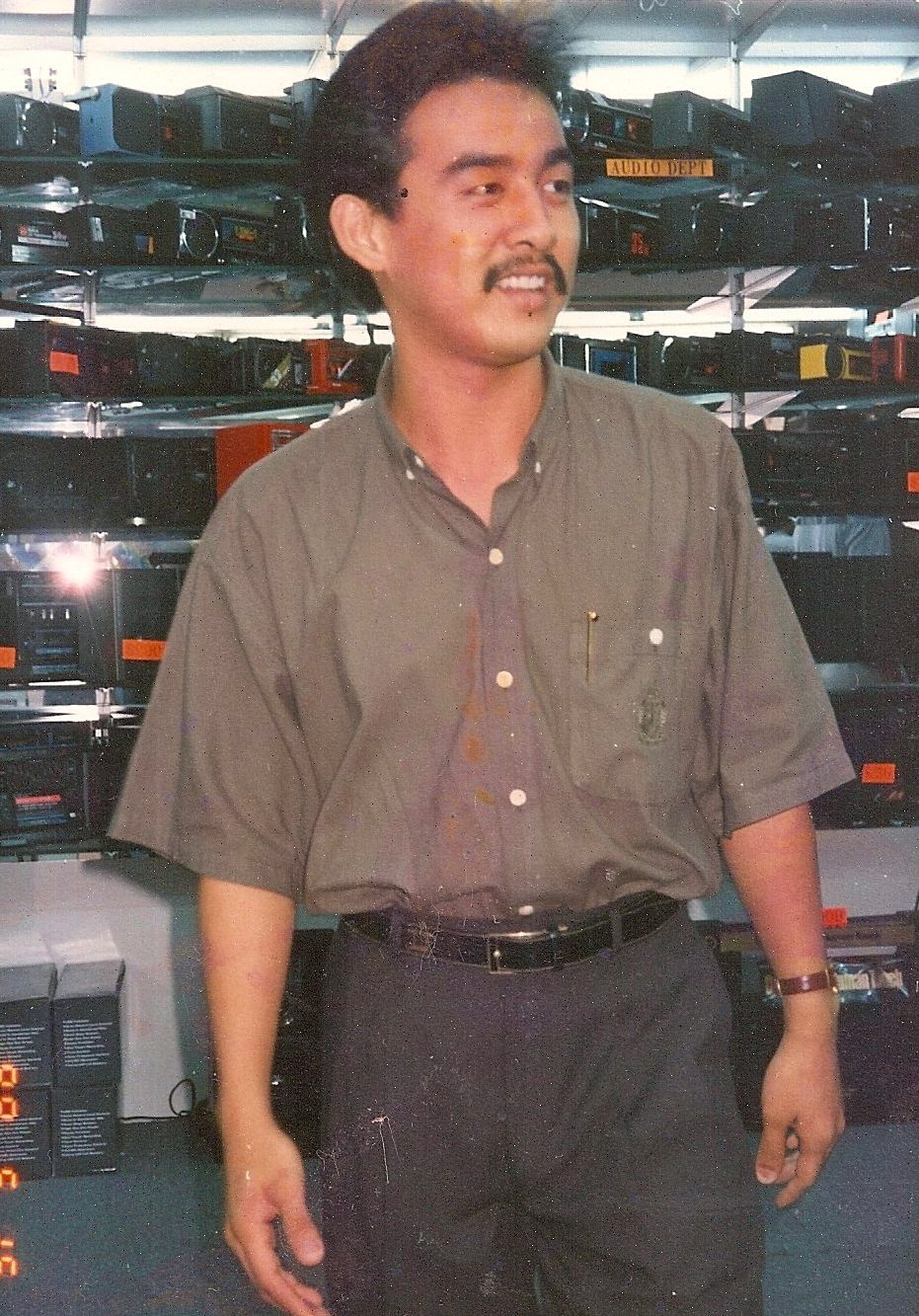
Though mislabelled a maladroit student, Jimmy more than made up for it with pure grit. After his national service, he worked as a salesman in an audio business. He would repeat the long strings of model numbers and prices of the audio systems until the information was seared indelibly into his memory, a tedious process he had to repeat whenever there was a replenishment of items. His hard work did not go unnoticed, and he was promoted to director of the company at the age of twenty-four.
At the zenith of his success, two brothers approached him and presented him with a business opportunity: to be a managing director of a new audio business. Lured by the glittering job title and promise of a pay increase, Jimmy left for greener pastures. In the beginning, business thrived, his relationships with the suppliers blossomed, and profits burgeoned. Then, his partners wanted to rope in their elder brother, who would take over as one of the shareholders, and then have control over administrative and financial matters. Jimmy had concerns but was ultimately out-voted two to one.
Tension arose when the brothers began negotiating higher salaries, amongst many other disagreements. The four businessmen eventually parted ways, with Jimmy retaining ownership of one store. But his cyclical business began to suffer in tandem with the economic downturn. Like a victim flailing in quicksand, every step Jimmy took to save the ailing business only sank him deeper into the abyss. He opened another outlet, hoping it would generate more business, but he haemorrhaged even more money, padded by renovation costs to the tune of a hundred thousand dollars.
“Because of my ego,” he said, “I was putting on a façade, trying to prove to others that I was still doing well, still able to expand my business.” In reality, all he had to hold on to was a fool’s hope that things would improve. But sales continued to dive, and he was in the red. He had not the wherewithal to pay his suppliers. “One of my suppliers said to me, ‘You know, Jimmy, us small-time suppliers, we’ve got mouths to feed. We need money to survive too.’” Wanting to do right by the supplier, Jimmy took a personal loan from a new partner and returned all unsold inventories. But bad news has wings and travels fast; the following day other suppliers started pounding on Jimmy’s door and demanded payments. Jimmy had rung up a staggering debt of over six hundred thousand dollars.
The noose around his neck was taut, but it was the same partner who threw him a lifebuoy who pulled it to suffocate him. The latter wanted to sue him, so that Jimmy could prove that he was indeed bankrupt, and was not hiding any reserves from him. Jimmy had no choice but to acquiesce. When he sat before the Official Assignee, he declared his net worth: His net worth was five cents shy of thirteen dollars.
The pressure of a failed business suffused his personal life, and by his own admission, Jimmy became a difficult man to live with, his temper tearing rifts in his once-blissful marriage. Eventually, Jimmy at the age of thirty-two and his first wife thought it best to get a divorce.




